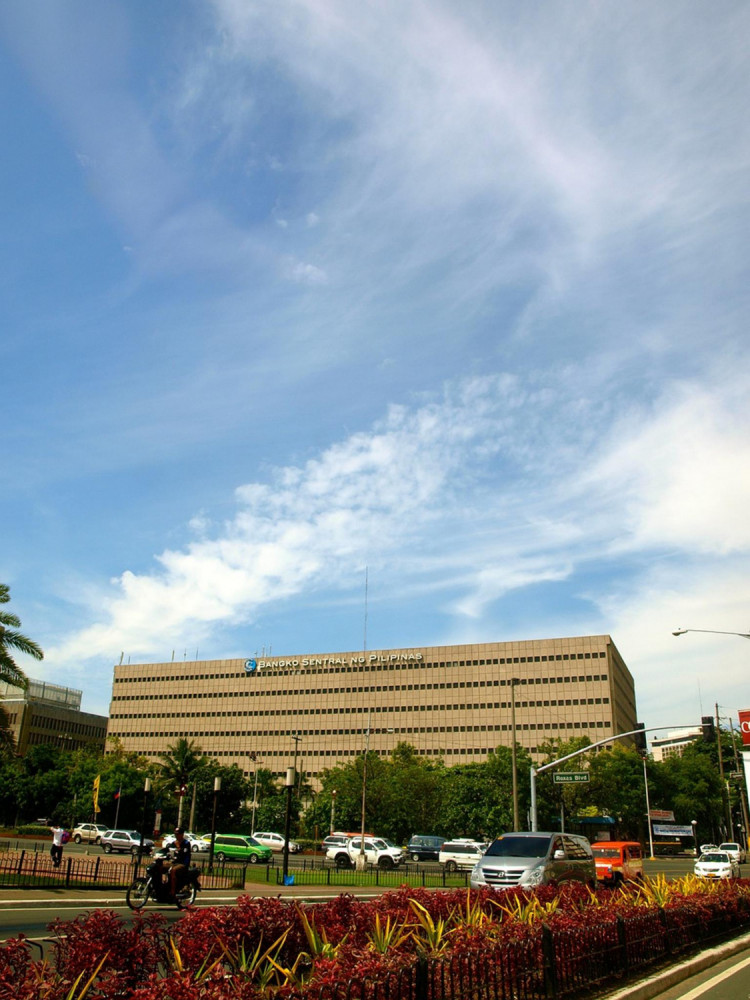A consistent drop in the Philippine's foreign direct investments was recorded in the first eleven months of 2019 and wrapped up the year in the negative zone in the midst of subdued investor confidence.
The Bangko Sentral ng Pilipinas disclosed in a document that the country's FDIs in November recorded $623 million net inflows in, up almost 15 percent from $543 million inflows reported in the same period the previous year due mainly to increases in all FDI components.
Likewise, net equity investment rose by 13 percent as bond capital investments of $174 million more than offset equity reinvestment withdrawals of $19 million. Earnings reinvestment also climbed by 35 percent to $88 million in the period.
Many contributions in equity capital come from the United States, China, Japan, and South Korea. Such investments were allotted mainly to the financial, insurance and property sectors. Nevertheless, net FDI inflows were pegged at around $6.5 billion from January-November 2019, marking a drop of almost 30 percent from the $9.3 billion posted in the comparable period in 2018.
The central bank said worries over the world economic forecast continued to hamper FDI as investor confidence remained muted. Employment-generating FDIs are a major source of investments for the Philippine economy as they provide opportunities for businesses to grow.
Meanwhile, earnings reinvestment rallied by over 75 percent to $88 million from a year earlier. According to Union Bank of the Philippines Chief Economist Ruben Carlo O. Asuncion, FDI growth could have come from improving investor sentiments regarding the China-US trade agreement.
US President Donald Trump underscored the coverage of the 'Phase One' of their trade deal in November with China, which covered farm purchases from the US and some elements of intellectual property safeguards.
Asuncion noted that it is important that the potential of a trade accord between the two countries was finalized and most likely covering the general perimeters of global trade which includes the world markets.
Security Bank chief economist Rober Roces attributed the FDI inflow hike to positive domestic growth.
In other developments, the International Monetary Fund disclosed that the Philippines could welcome a more "expansionary policy" standpoint with the Bangko Sentral ng Pilipinas providing the stimulus as it trims down its benchmark interest rate.
BSP Governor Benjamin Diokno said that the key to ensuring financial sustainability is the approval of key measures that will ensure the government can optimize its growth programs.
In the meantime, the IMF added that while a gradual fiscal push and BSP rate reductions will balance the Philippine economy, it warned against rising credit growth as the country's economy expands.






